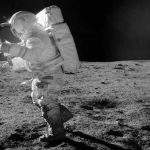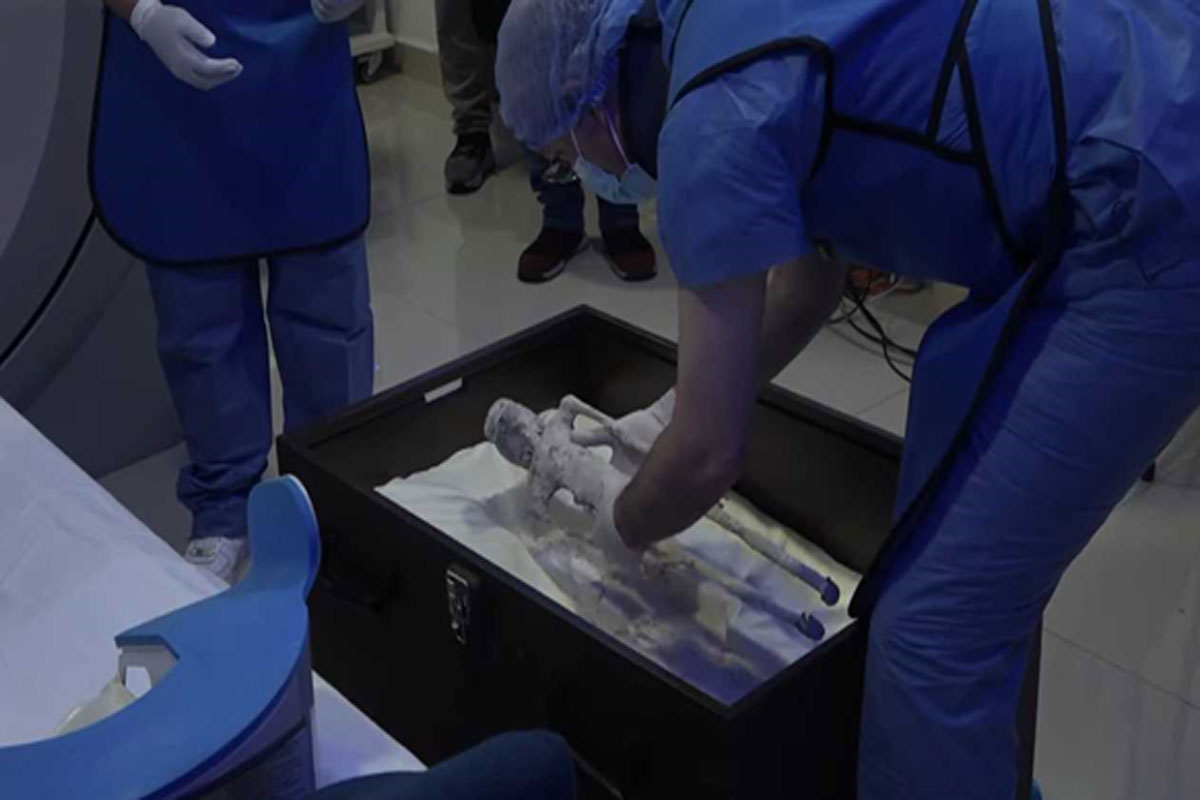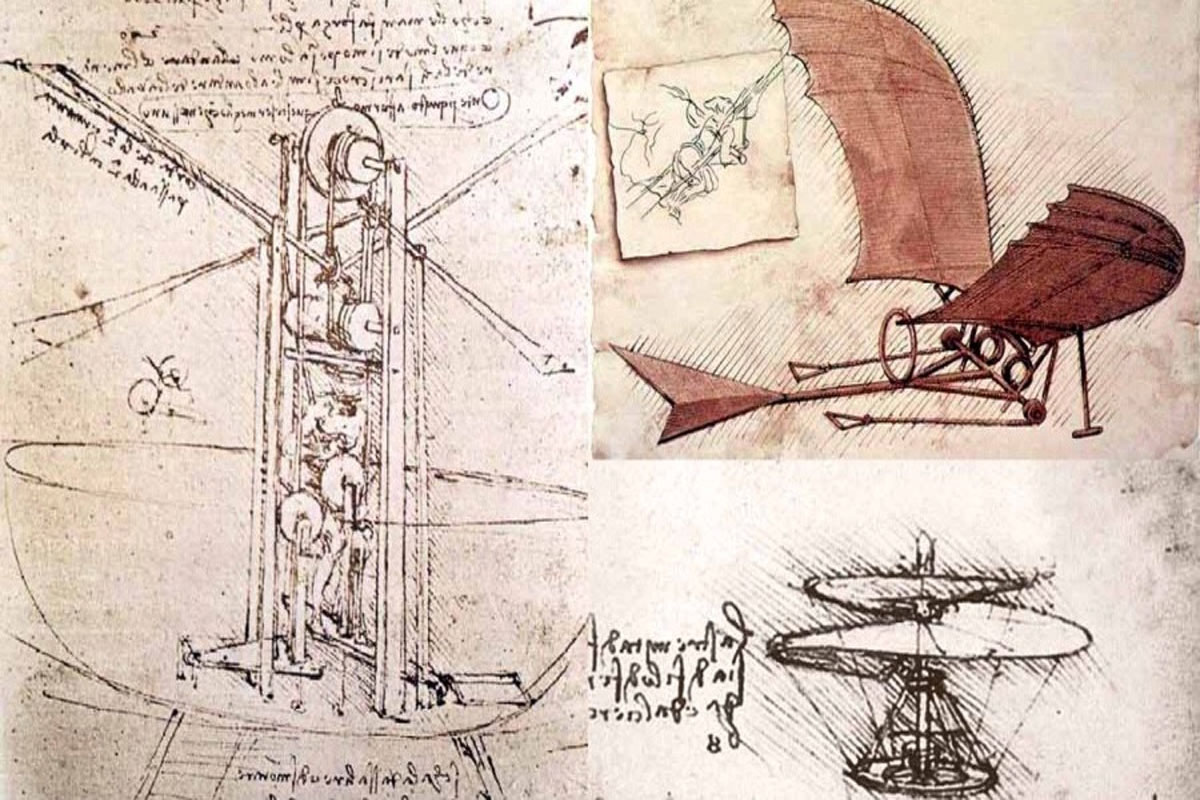
10 Historical predictions that coincidentally were exact
By Vicky Verma 5 years ago
Prophets like Nostradamus and Vanga are made to ridicule and expose, and also to search for inaccuracies and tricks in their predictions. In order to accurately predict the future, someone does not need supernatural abilities, but only an extraordinary mind. However, in many cases, without mysticism, it was not all wrong: some historical predictions were made in detail and about the certain time, that for us they have already become a terrible or surprising past.
10. Historical predictions of Leonardo da Vinci
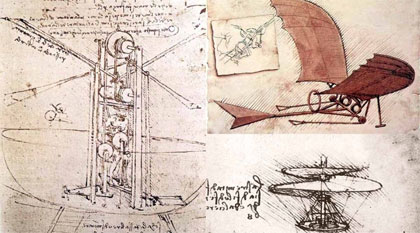 historical predictions
historical predictions
A scientist, artist, and inventor who lived in the Renaissance, Leonardo predicted many things and became the author of many technologies ahead of his time. For example, he invented tanks, drew a diagram with a parachute jump, depicted a helicopter. And all these things were made for centuries before the real implementation of these inventions began.
9. The Great Fire of London
 historical predictions
historical predictions
Here everything is classic – the Great London fire predicted by Nostradamus. The fire broke out in 1666 and almost completely destroyed the city. That time 90% of the houses of Londoners were burnt. In the book of Nostradamus Les Propheties, it is written: “Just blood will be thirsty in London, burnt in the fire of 66, the old lady will fall from her high place, and many brothers by faith will be killed.”
8. The Cold War
 historical predictions
historical predictions
French politician Alexis de Tocqueville published the article “Democracy in America” in 1840. In this article, he predicted a bipolar world with Russia and America at the head, as well as the fact that one day the fate of the world will be in their hands. When it was published, the United States was only a 60-year-old independent state, independent of Great Britain. And Russia was even more in the power of the absolute monarchy and was considered a rather backwards country. Who could have known that they would become superpowers and would fight for the world domination a little more than a hundred years later? Only this French fortuneteller.
7. The Internet
 historical predictions
historical predictions
For 90 years before people learned about the Internet, its appearance had been predicted by the American writer Mark Twain. In 1898, he wrote a sci-fi story “From the London Times”, in which he described a device called the Telescope, which was connected to all the phones in the world and made any information available. By the way, Mark Twain frighteningly accurately predicted his own death also. One year before his death, he said: “I came in 1835 with Halley’s Comet, a year later she arrives again, and I expect to leave with her.” So it happened.
6. Landing on the Moon
 historical predictions
historical predictions
Another science-fiction writer who managed to accurately predict the future was Jules Verne. He lived in the 19th century and published a story “From the Earth to the Moon“, where he described some details about the landing of a man on the Moon, which occurred almost a century after that. The things described in the story and what happened actually has many similarities, starting from the place where the rocket starts off and ending with the description of weightlessness. By the way, in those days scientists did not know that gravity on the Earth is not the same as on other planets, and Jules Verne, as it turns out, knew it.
5. The stock market crash of 1929
 historical predictions
historical predictions
Popular in the twenties, the mystic Edgar Casey, being in a trance, could answer any question about the political or economic processes very accurately. In 1925, he began to warn his clients that in 4 years the biggest economic disaster in America would happen. Some people listened to this prophecy, which saved their finances when the New York Stock Exchange crashed, and 13 million people lost their livelihood.
4. Atomic bomb
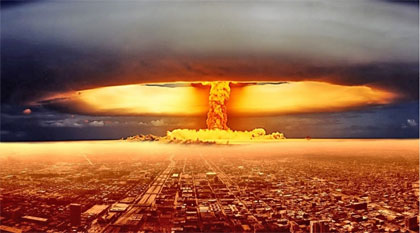 historical predictions
historical predictions
Herbert Wells described the atomic bomb even before anyone could imagine this terrible weapon of modern times. In his 1914 novel “The Liberated World”, the writer described a hand grenade that works on uranium and is capable of exploding indefinitely. It is interesting that Wells was not a scientist and could hardly have had a good understanding of nuclear physics. However, he very accurately predicted the event that occurred 28 years after the publication of his work, namely – the launch of the project to create an atomic bomb.
3. Organ transplantation
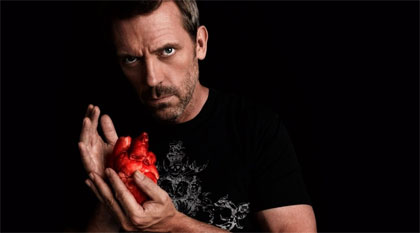 historical predictions
historical predictions
A well-known scientist named Robert Boyle, called “the father of modern chemistry,” in the early 17th century published a list of predictions concerning medicine. One of the important places on this list was the statement that in the future, doctors would learn how to heal people by organ transplant. The first transplantation operation occurred 300 years after this prediction.
2. Wi-Fi
 historical predictions
historical predictions
An American physicist, Nikola Tesla is known for his contribution to the development of the household electricity. However, this fact is not the most surprising in his biography. Back in 1901, he predicted exactly the appearance of Wi-Fi. In an interview with The New York Times, Tesla predicted the emergence of a new technology, saying that soon the information could be transmitted using wireless networks anywhere, regardless of radio waves, and every person can control their own transmitter of such networks. In another interview, Tesla mentioned the prototype of Skype, although all these inventions happened 70-90 years later.
1. The death of the Titanic
 historical predictions
historical predictions
American writer Morgan Robertson published a story called “The Wreck of the Titan” in 1898. In 1912, it was reissued under the amended title “Futility, or The Wreck of the Titan.” His plot in an amazing way coincided with the catastrophe that happened. It described the fictional ocean liner “Titan”, who died in the North Atlantic, trying to set a speed record. In this story 14 years before the events described, surprisingly accurately transferred technical characteristics inherent in the real “Titanic”, and the most interesting fact that the names of the ships were almost identical.
Howandwhys.com















